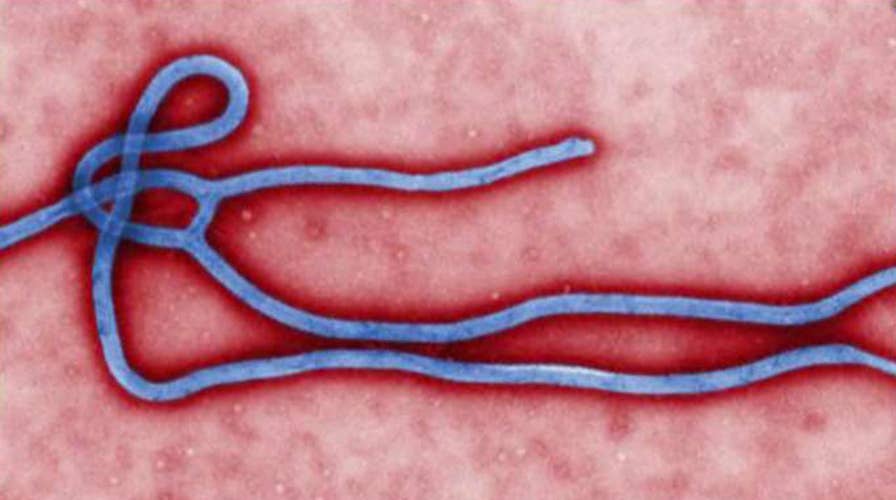Authorities struggle to contain the spread of Ebola in the Democratic Republic of Congo
The outbreak has killed over 1,800 people and has been declared a health emergency of global concern.
Rwanda has reopened its border with the Democratic Republic of Congo after closing it for several hours, a reaction to three Ebola cases, two of them fatal, in a border city in the past month.
The border was closed after a third case of Ebola was detected in the border city of Goma, which has a population of more than 2 million people and has an international airport. Two people have already died there, according to the BBC.
The first confirmed case in Goma was a 46-year-old preacher who managed to pass through three health checkpoints on the way from Butembo. The third patient is the daughter of a miner who died on Wednesday. He had come from Ituri, another province where many cases have been confirmed. There is no link between the preacher and the other two victims.
EBOLA OUTBREAK IN CONGO DECLARED A GLOBAL HEALTH EMERGENCY BY WHO

In this Saturday, July 13, 2019 photo, health workers wearing protective gear check on a patient isolated in a plastic cube at an Ebola treatment center in Beni, Congo. On July 17, the World Health Organization declared the Ebola outbreak an international emergency after it spread to eastern Congo's biggest city, Goma. (AP Photo/Jerome Delay)
The border closure comes as the crisis has already become the second-deadliest Ebola outbreak in history, with more than 1,700 people killed even though medical professionals widely use an experimental but effective Ebola vaccine.
Health officials for months feared that an Ebola case would be confirmed in the city. Just days after the first Goma case was confirmed, the World Health Organization (WHO) declared the Ebola outbreak a rare global emergency – the highest level of alarm.
BILL FRIST: LESSONS NOT LEARNED IN CONGO'S EBOLA OUTBREAK

In this Sunday, July 14, 2019 photo, Red Cross workers carry the remains of 16-month-old Muhindo Kakinire from the morgue into a truck as health workers disinfect the area in Beni, Congo. The World Health Organization has declared the Ebola outbreak an international emergency. (AP Photo/Jerome Delay)
The organization has used such an alarm level only four times in its history, including the Ebola epidemic that took the lives of more than 11,000 people in West Africa between 2014 and 2016.
While the alert prompted a surge of millions of dollars in new pledges by international donors, health workers say a new approach is desperately needed to combat misunderstandings in the community that lead people with Ebola not to seek medical help.
CLICK HERE TO GET THE FOX NEWS APP
There is no licensed treatment for Ebola and many people in the region don’t believe that Ebola is real, health workers have said.
The Associated Press contributed to this report.









































